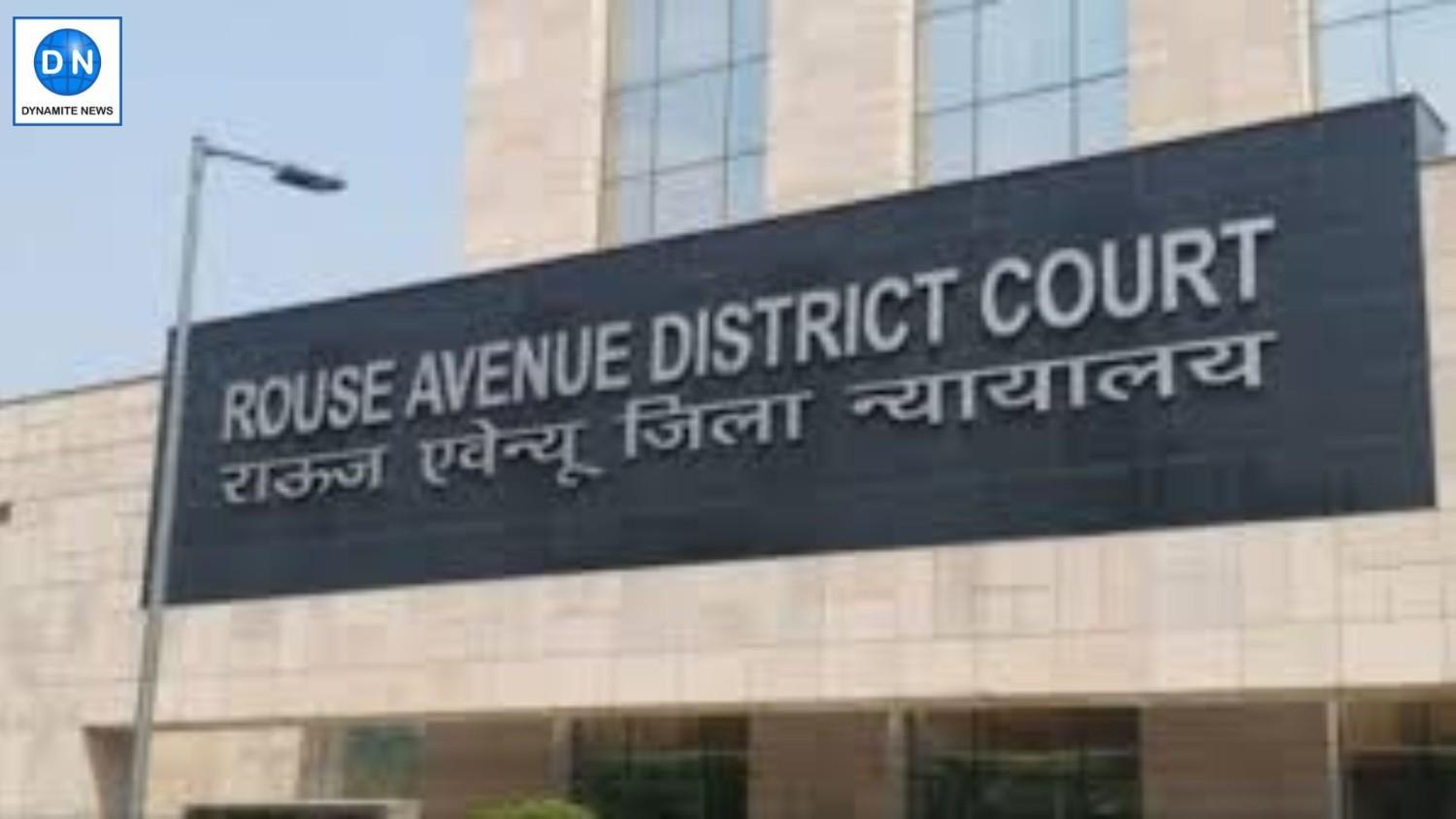
New Delhi: The Rouse Avenue Court on Tuesday scheduled a hearing for November 28, in the plea filed by Delhi's former Chief Minister Arvind Kejriwal, who has claimed that he has not received a copy of the sanction order in the Enforcement Directorate (ED) case against him.
Special Judge Kaveri Baweja granted the ED additional time to file its reply and fixed the matter for a detailed hearing on the scheduled date. On November 23, the court issued a notice to the Enforcement Directorate in response to Kejriwal's request.
In his plea, Kejriwal pointed out that during a recent hearing in the Delhi High Court, the Solicitor General representing the ED stated that the required sanction had been obtained when the chargesheet was filed.
Advocate Mudit Jain, appearing on behalf of Arvind Kejriwal, stated that the documents, both relied upon and unreleased, provided along with the chargesheet did not include any copy of the required sanction.
On November 21, the Delhi High Court issued a notice on Aam Aadmi Party's Chief Arvind Kejriwal's plea challenging the trial court's decision to take cognizance of the Enforcement Directorate's chargesheet against him in the alleged excise policy scam.
The bench of Justice Manoj Kumar Ohri, however, did not grant any stay on the trial proceedings at this stage. The Court scheduled the matter for a hearing on December 20, to consider arguments on both the stay application and the plea seeking the quashing of the trial court's order.
Appearing for the Enforcement Directorate, Solicitor General Tushar Mehta opposed Arvind Kejriwal's plea, asserting that the proper sanction had been obtained when the prosecution complaint (chargesheet) was filed.
Former Delhi CM Arvind Kejriwal has approached the Delhi High Court, challenging the trial court's decision to take cognizance of the Enforcement Directorate's prosecution complaints in the excise policy case, citing lack of sanction.
The plea argued that the trial court judge, in the impugned order, erred in taking cognizance of the offence under Section 3 of the PMLA, punishable under Section 4 of the PMLA, without obtaining prior sanction under Section 197(1) of the CrPC for the prosecution of the petitioner. This was particularly relevant as the petitioner, Arvind Kejriwal, was a public servant (the Chief Minister) at the time of the alleged offence.
Also Read |
Delhi Excise Policy: SC permits Kejriwal to file fresh petition against Delhi HC order reversing bail
Arvind Kejriwal is currently out on bail in both the Enforcement Directorate (ED) and Central Bureau of Investigation (CBI) cases related to the now-scrapped excise policy.
According to the Enforcement Directorate (ED), the excise policy was deliberately designed with loopholes to benefit AAP leaders and foster cartel formations. The ED accused AAP leaders of receiving kickbacks from liquor businesses in exchange for preferential treatment, including discounts, license fee waivers, and relief during the COVID-19 disruptions.
The ED further alleged that the "scam" involved awarding wholesale liquor distribution rights to private entities with a fixed 12% margin, in return for a 6% kickback. Additionally, AAP leaders were accused of influencing the outcome of elections in Punjab and Goa in early 2022. (with Agency inputs)







